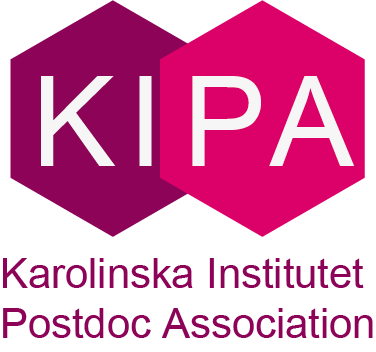Types of income
In Sweden, there are two types of income for postdocs: scholarship (also known as a stipend) or salary. You should be aware of their differences and discuss these thoroughly with your PI.
Scholarships
Scholarships for postdoctoral studies may be granted to persons residing in other countries who come to Sweden with the intention of staying in Sweden for all or part of their postdoctoral education at KI. Swedish residents and/or have completed full or part of their academic education at KI or any other university in Sweden cannot qualify for a scholarship from KI. Scholarships/stipends have different conditions than salaries:
Stipend holders are not considered as ‘employed’ by KI.
PIs can only hire postdocs on a stipend for a maximum of two years.
The stipend period can be extended if the postdoc is paid from an external source (e.g. a fellowship from a research charity or council).
After the maximum postdoc stipend period, postdocs can be employed on a salary (if the group has the financial resources).
The KI website includes more information on different types of scholarships.
Postdoctoral studies financed with a scholarship do not count as employment time as a postdoc (maximum four years).
Salary
A postdoc can only be employed for no more than 4 years under one of the two types of contracts for postdocs:
A PKA or ‘postdoc agreement’ contracts last for a maximum of three years and should start within the first 3 years post-PhD.
A SÄVA or ‘fixed-term employment’ is a position that can only last 1 year. Although the net allowance (take-home pay) is usually similar between a stipend and salary, there are fundamental differences in the social welfare that they offer.
